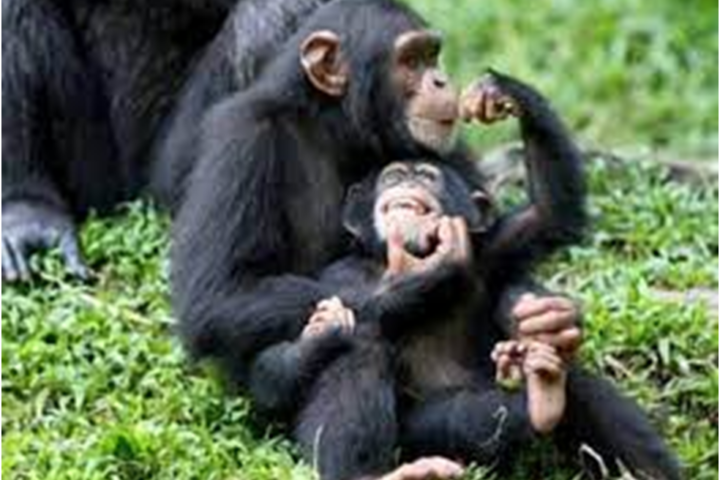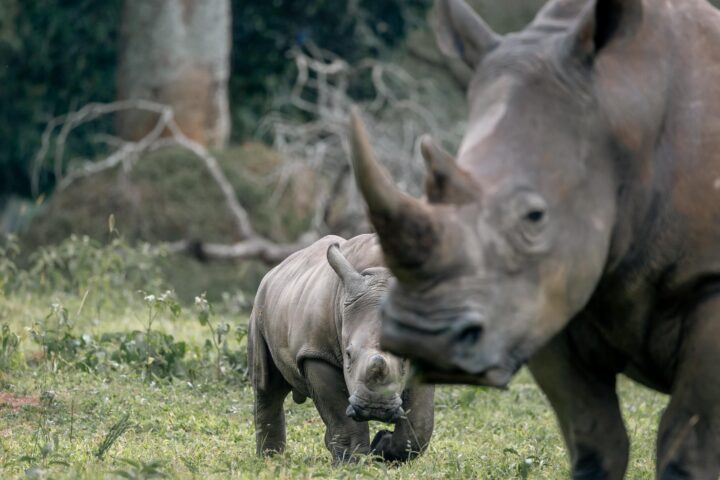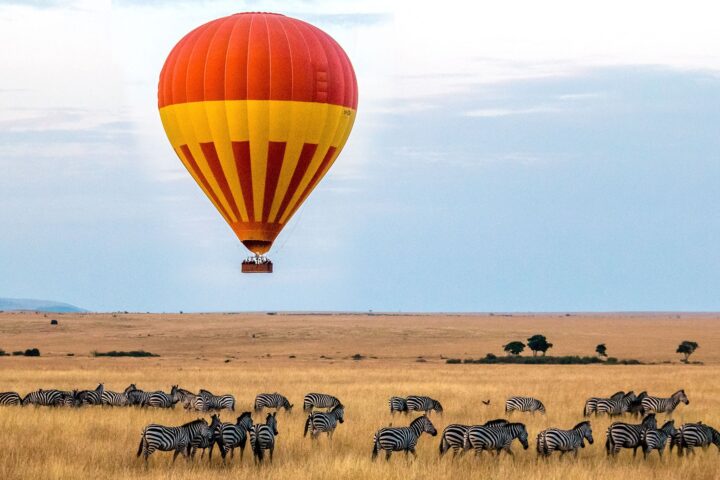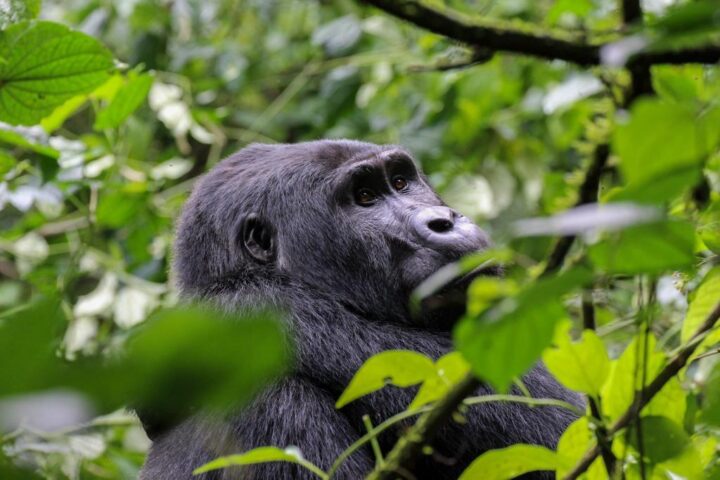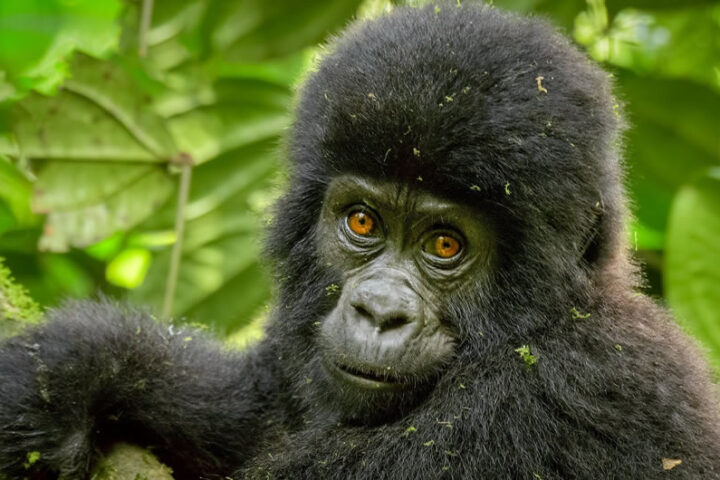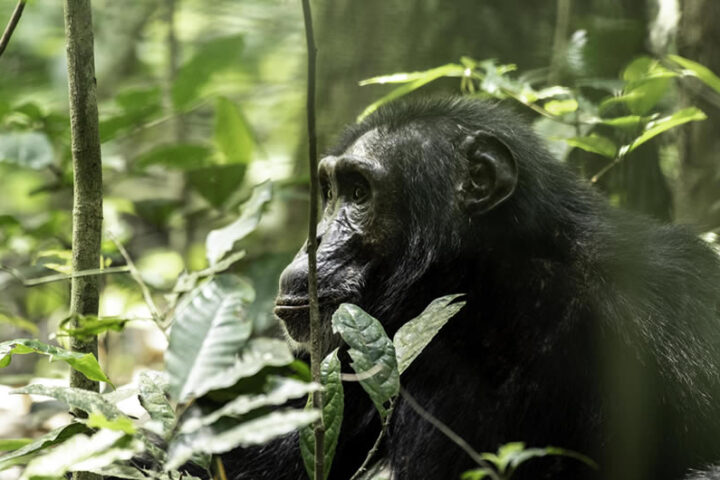Customized Rwanda Safari Tours
At Allanblackia Africa Safaris, we specialize in creating the best Rwanda Safari tours that depict the beauty and diversity of the “Land of a Thousand Hills.” Whether you want to hike with mountain gorillas, experience the vibrant culture of Rwanda, or relax by picturesque lakes, our Rwanda safari packages are designed to give unforgettable experiences.
Why Visit Rwanda with Allanblackia Africa Safaris?
Mountain Gorilla Trekking: Rwanda is one of the few places in the world where you can trek to see endangered mountain gorillas.
Biodiversity: Rwanda owns unparalleled ecological diversity.
Cultural Immersion: Visit local communities, tour traditional crafts, and understand the historical events at sites like the Kigali Genocide Memorial.
Stunning Landscapes: Rwanda’s rolling green hills, serene lakes, and mist-covered forests make every moment picturesque.
Eco-Tourism Excellence: Rwanda is a global leader in sustainable tourism, ensuring your visit supports conservation and local communities.
At Allanblackia Africa Safaris, we combine luxury, adventure, and cultural insight to provide a personalized and unforgettable journey through Rwanda.
Why Choose Us for Your Rwanda Safari?
Expertise: Our local guides are well-experienced with Rwanda’s parks, wildlife, and culture.
Customization: We have designed our itineraries to fit your preferences.
Sustainability: We are committed to responsible tourism. We ensure conservation and community engagement.
Luxury & Comfort: Enjoy top-notch accommodations and personalized service throughout your safari.
Rwanda is a country situated in the heart of Africa and is gradually rising to the top of the list of popular safari destinations for Gorilla Trekking. The beauty in Rwanda’s forests will provide bold explorers a means to explore these giants. The misty morning opens the terrain, making every soul feel the awe. In this regard, this article ventures deep into the soul of gorilla trekking in Rwanda with an emphasis on its spectacular scenery, conservation strategies, and life-changing adventures visitors are likely to encounter on this exceptional trip.
Revealing the Natural Wonders of Rwanda
An encounter with the mountain gorillas in Rwandan land of a thousand hills is definitely one of the greatest adventures you will ever experience. The volcanoes national park, located within the Virunga massif in eastern Democratic republic of Congo, eastern Uganda, and western Rwanda is the only known refuge for these critically endangered mountain gorillas.
There are over a third of the world’s mountain gorillas living in this UNESCO World Heritage site, which makes Rwanda the ultimate destination for anyone seeking to have a real encounter with wildlife.
The Wonders of Gorilla Trekking
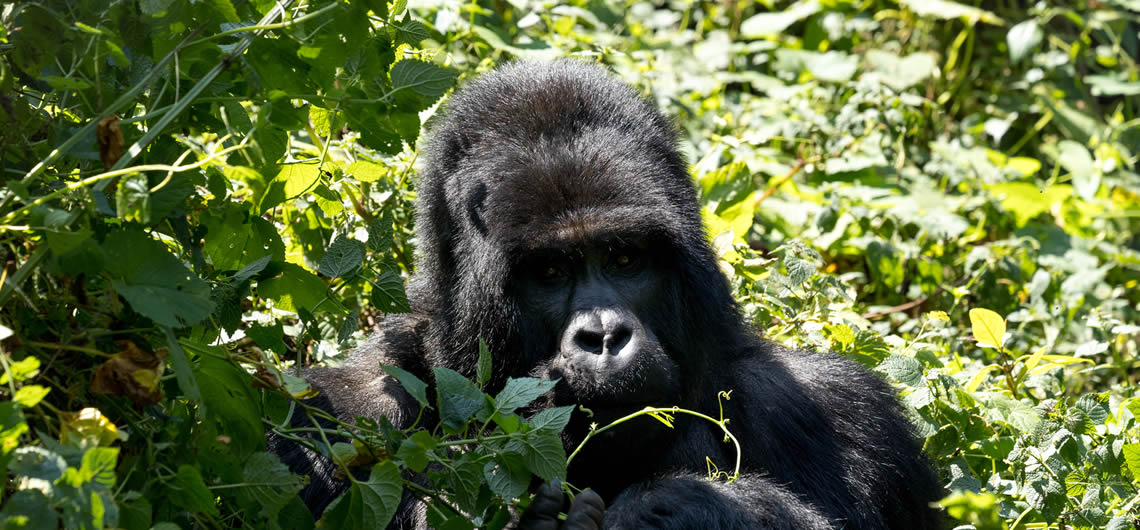
Gorilla trekking expedition in Rwanda is an amazing experience full of difficulties where one must have strong determination and open mind for miracles of nature. Experienced guides lead the visitors into the thick forests, and sights and sounds of raw nature make the walk mystic.
The excitement mounts as trekkers snake their ways through dense bushes made up of tangled vines and trees that are centuries old until they meet the gorillas’ families. As they do so, senses are awakened in them and their connection with nature is felt at its strongest.
Initiating conservation efforts and promoting sustainable tourism
Rwanda’s dedication to sustainable tourism and conservation is central to the gorilla trekking experience. Rwanda has made a substantial contribution to the survival of the critically endangered mountain gorillas through strict conservation measures, such as anti-poaching patrols and habitat restoration programs. Furthermore, the nation’s focus on responsible tourism has resulted in the establishment of stringent guidelines to guarantee the security and welfare of both tourists and gorillas.
These precautions benefit the local residents and their way of life by protecting the gorilla population and encouraging tourists to practice environmental responsibility. Rwanda has also demonstrated an unwavering dedication to the protection and conservation of the endangered mountain gorillas and their fragile ecosystem. Through collaborative initiatives with local communities, governmental bodies, and international conservation organizations, Rwanda has implemented multifaceted strategies aimed at safeguarding the gorilla population and their habitat.
Rwanda has also implemented new strict measures to prevent the illegal wildlife trade and execute anti-poaching patrols, which are important conservation efforts. Rwanda has secured the protection and well-being of the gorillas by drastically lowering the threat of poaching through the use of highly skilled rangers and cutting-edge surveillance methods. In addition, the nation has started habitat restoration initiatives, emphasizing the repair of degraded areas and the maintenance of crucial ecosystems that are essential to the gorilla population’s existence.
The holistic approach towards conservation and sustainable tourism in Rwanda is used by the world as a benchmark in ecotourism where the harmony between biodiversity protection and social-economic development of communities is well established. Rwanda’s conservation efforts go beyond protecting their natural wealth as they incorporate tourists in creating a culture that promotes conservation among them. Thus, Rwanda conserves its environment since that is part and parcel of making them enjoy their stay when they are around.
A cultural experience surrounded by natural beauty
Rwanda has a rich cultural tapestry that is effortlessly woven into the gorilla trekking experience, beyond the enthralling landscape. By interacting with the lively local populations, visitors can learn about their traditions, customs, and way of life. Experience the warm hospitality of the Rwandan people, sample their traditional cuisine, and take part in customs that date back centuries and symbolize the close relationship that exists between people and the natural world.
A symbiotic relationship between tourism and the preservation of indigenous cultures is fostered by these kinds of exchanges, which not only improve visitors’ understanding of other cultures but also support the sustainable growth of the local community.
Reflective and Transformational Journey
In Rwanda, gorilla trekking goes beyond the boundaries of a regular wildlife expedition to become a life-changing experience of self-realization and reflection. When the hikers eventually get up close and personal with a gorilla family, the intimate closeness enables a deep exchange of stares, a silent conversation that cuts across linguistic barriers and speaks to the core of mankind. One is forced to consider the delicate balance between humanity and nature in the gentle yet strong presence of these majestic creatures, which instills in them a renewed feeling of duty towards environmental sustainability and conservation.
Conserving the Natural Heritage of Rwanda
While the world still is fighting the ecological menace, Rwanda’s Gorilla Trekking offers hope for inspiration. This proves that people are living in harmony with wildlife indicating the need for maintaining the integrity of our heritage for posterity. However, the practice of sustainable tourism, conservation and immersive experience have made Rwanda a standard bearer in global eco-tourism and invited those who wish to travel beyond mere pleasure.
Gorilla trekking in Rwanda is neither just an adventurous expedition but also a spiritual journey as it offers an opportunity to experience a deep connection with nature and the environment at large, and instills accountability when concerned about biodiversity conservation. Rwanda’s breathtaking landscape, vibrant species of animals and unique cultural heritage attracts people seeking transformation beyond borders. The experience leads to one’s connection with nature and environmentalism transcending Rwanda itself.
Frequently Asked Questions (FAQs)
1. What is included in your Rwanda Safari Tours?
Our packages will include transportation, accommodation, park entry fees, meals, guided activities, and permits for gorilla trekking or chimpanzee tracking.
2. How much is a Rwanda Safari?
Costs vary depending on itineraries and types of accommodations. The Gorilla trekking permits cost around $1,500. Booking a normal Rwanda safari package depends on your requirements.
3. Is gorilla trekking safe?
Gorilla trekking is safe in Rwanda’s designated national parks and reserves. The experienced guides ensure your safety while respecting the animal’s natural behavior.
4. When Should I visit Rwanda?
The dry seasons of June to September and December to February are the best times for Rwanda Safaris.
5. How physically demanding is gorilla trekking?
Gorilla trekking is hiking through forests and hills and requires moderate fitness.

